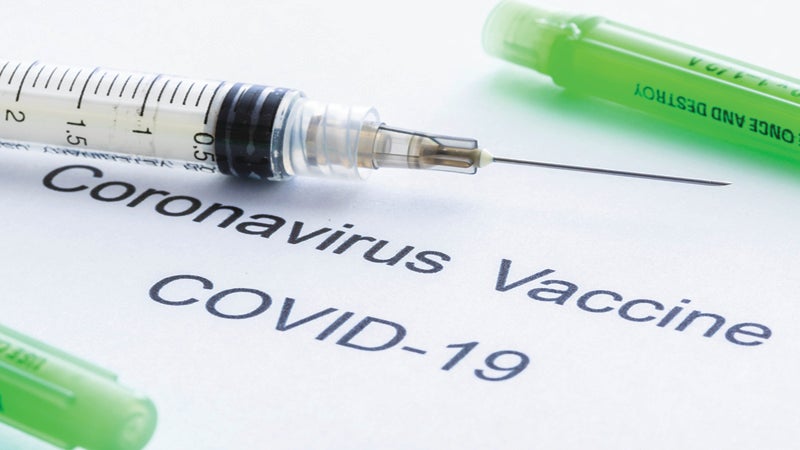Baumgarten: Can you catch the coronavirus from swimming?
Published 7:30 am Wednesday, July 8, 2020

- Katherine Baumgarten, MD
|
Getting your Trinity Audio player ready...
|
With summer in full swing and the reopening of many cities and states, some of us are flocking to pools and the beach to cool down and have some fun. However, with COVID-19 still present, you may be wondering if you can catch it from swimming and if it is safe to go to these areas.
The CDC currently states that there is no evidence that the virus that causes COVID-19 can be spread to people through the water, but that doesn’t mean there aren’t potential risks.
COVID-19 and pools
Most pools require certain levels of chemicals, like chlorine or bromine, to keep them clean, and viruses do not typically survive in them. The standard level of chlorine in a pool should kill off any virus in the water.
However, when swimming in a pool or sitting in a hot tub, keep in mind that you may encounter others. You should still try to maintain six feet of distance between you and anyone else that you do not live with and wear a cloth face mask covering your face when you are not in the pool. If the pool area has seating, make sure the chairs are spread out.
You should also be aware of current city and state rules and regulations on the use of public or community pools or hot tubs. If you are visiting another state and are staying at a house or condo with a public pool, be sure to ask management what the current rules are. If you are allowed to use the public pool, make sure they are following proper guidance on cleaning and disinfecting community facilities from the CDC.
COVID-19 and lakes or oceans
If you are going to the beach or the lake and plan to swim in the water, you can rest easy that it is not believed that COVID-19 is spread in large bodies of water. Most viruses find it difficult to live in saltwater.
But like pools, beaches and lakes often attract a high number of people, and you can’t account for everywhere others have been or their current state of health. Follow the same rules you would follow on land and maintain at least six feet of separation between you and anyone you do not live with. The virus is more likely to be spread by droplets from speaking, coughing or sneezing, or possibly from direct contact on surfaces.
Precautions you should follow
COVID-19 primarily spreads from person-to-person, so there are a few precautions you should follow when going to areas where you might interact with others.
- Avoid high-touch surfaces: If you are going to a public pool or beach, try to avoid areas that people frequently use and touch, such as public restrooms, pool ladders, handrails or diving boards. If you need to use one of these areas, make sure they are cleaned and disinfected between each use.
- Don’t share beach or pool toys: It is best to bring your own beach items and toys, so you don’t have to worry about sharing with others. If you are sharing items like, beach balls and rafts or other inflatables, be sure they are wiped down between each use. Items like goggles, snorkels or nose clips should not be shared at all.
- Don’t share food or drinks: The risk of transmitting or catching COVID-19 from sharing food or from the food packaging itself is very low, but you should still take precautions. Try to avoid sharing food or drinks with anyone, especially if they are feeling sick.
When going to the public pool or beach, bring some hand sanitizer with you. These areas are not always the easiest place to wash hands, so it is helpful to have a bottle of hand sanitizer on you for germs. Additionally, always follow best safety practices when going to the beach or the pool. Be sure to pack extra sunscreen to avoid sunburns, never swim by yourself and be aware of any strong currents.
Dr. Katherine Baumgarten earned her medical degree from LSU and completed her internship and residency at the University of California in Fresno. She completed her infectious diseases fellowship at Ochsner and has been on staff at Ochsner since the summer of 2000. She is board certified in internal medicine and infectious diseases. Dr. Baumgarten is a member the American College of Physicians and a fellow of the Infectious Diseases Society of America.





